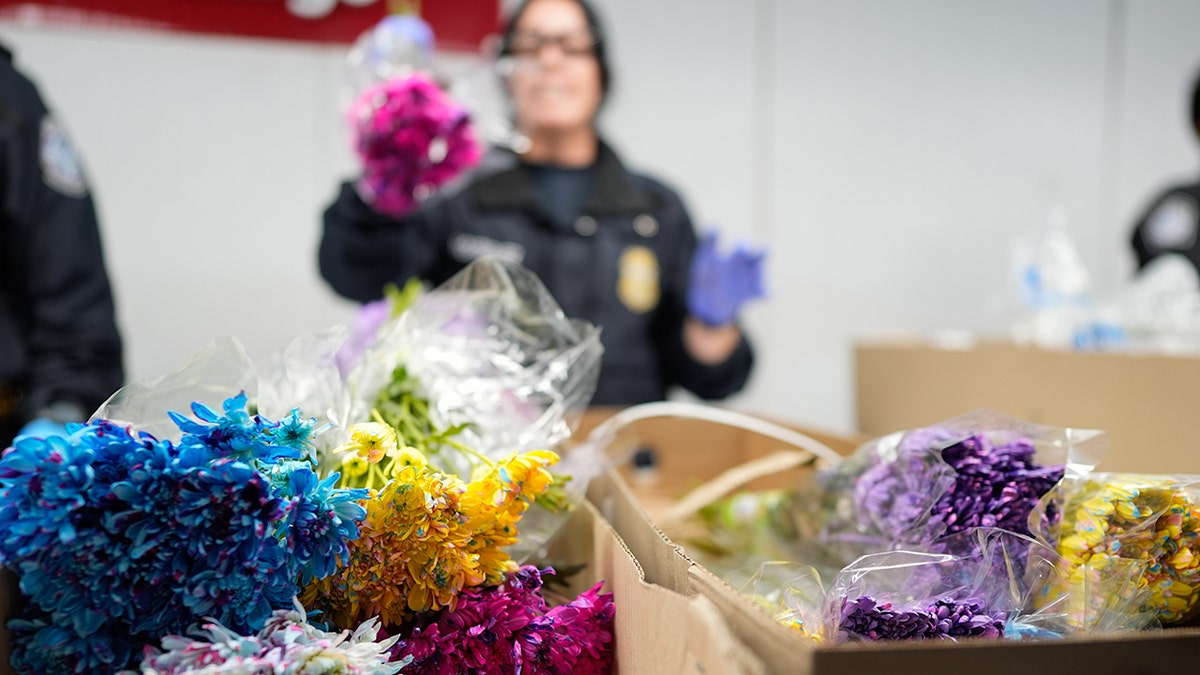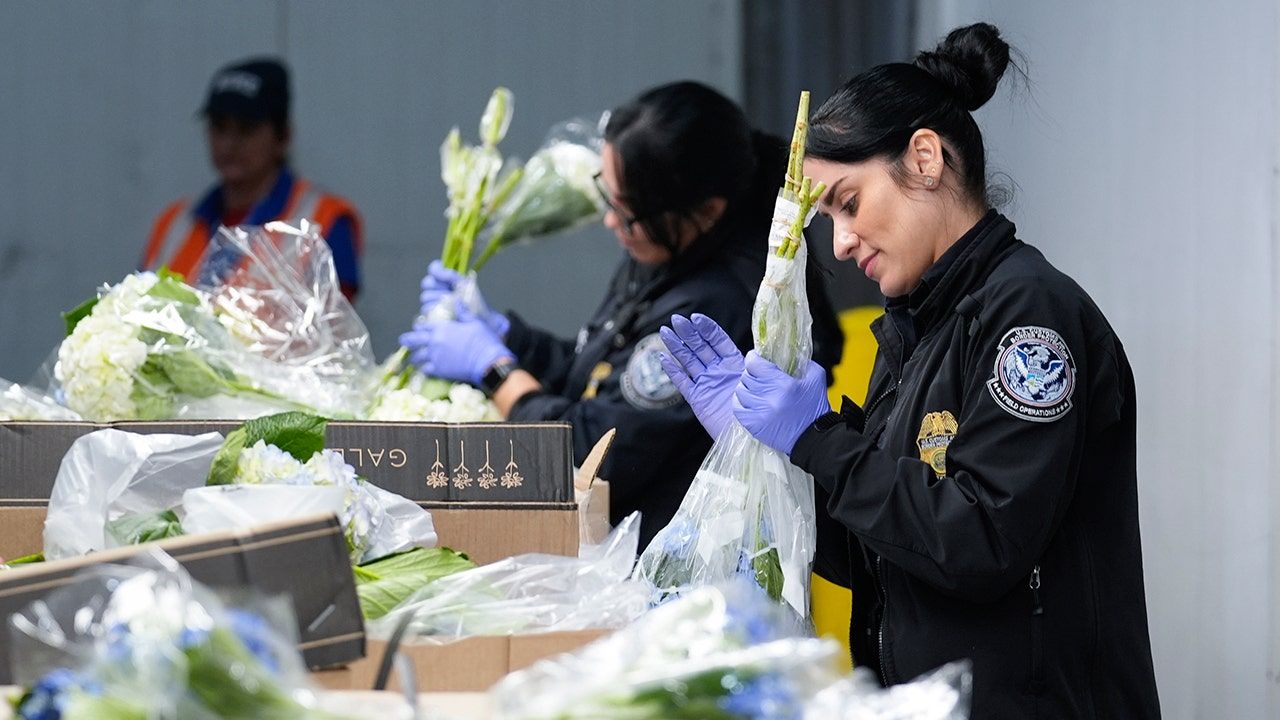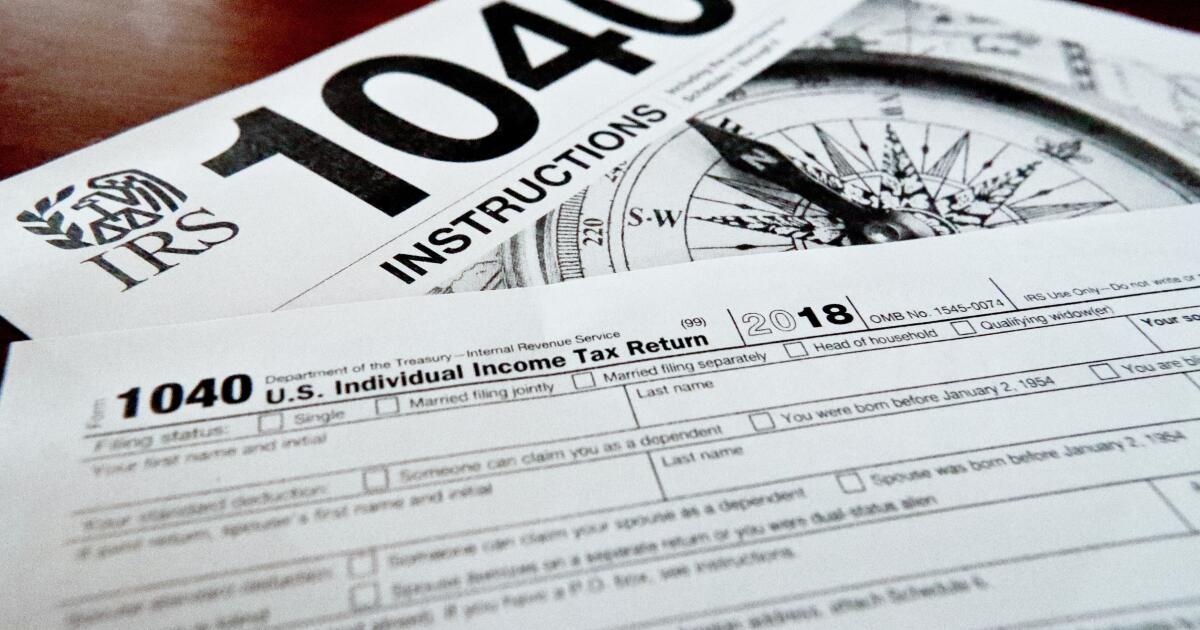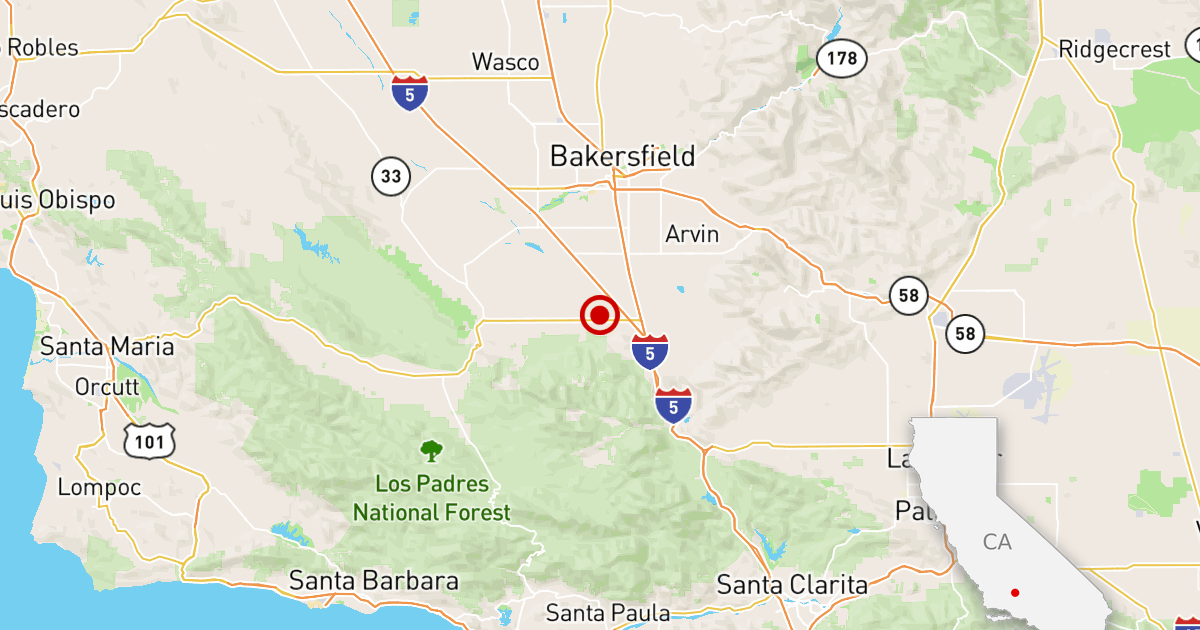While Valentine's Day may not be known as a busy time for air travel, it is at Miami International Airport, where many of the country's fresh-cut flowers arrive from South America.
About 90% of the roses and fresh cut flowers sold for Valentine's Day in the United States arrive through Miami, according to the U.S. Customs and Border Patrol. They arrive on hundreds of flights to Miami on their journey to florists and supermarkets throughout the United States and Canada. This is equivalent to about 48,000 tons of flowers passing through Miami.
WOMAN CANCELS ANNIVERSARY TRIP AFTER HER HUSBAND DESTROYS HER TERRARIUM: 'PRIDE AND JOY'
“This season we transported around 460 million flowers from Ecuador and Colombia,” Diogo Elías, senior vice president of Avianca Cargo, said Monday during a press conference in Miami.
Among the flowers most exported this season by the airline are Bogotá roses and carnations; pompoms, hydrangeas and chrysanthemums from Medellín; and roses, carnations and gypsophila from Quito, Avianca said in a statement.
U.S. Customs and Border Protection agriculture specialists carefully inspect flowers imported from Central and South America at Miami International Airport on Monday, February 12, 2024, ahead of the Valentine's Day holiday. (AP Photo/Rebecca Blackwell)
Actually, the Valentine's season started in mid-January and ends on Wednesday. During that three-week period, flowers arrived in Miami on about 300 flights, Elías said.
And that's where U.S. Customs and Border Protection agricultural specialists come into play. At the airport, they check flower packages to prevent potentially harmful foreign plants, pests and animal diseases from being introduced into the country.
MIAMI BEACH TAKES ACTION AGAINST SPRING BREAK CHAOS
Their job is to make sure flower imports don't contain the types of exotic pests and foreign animal diseases that have caused $120 billion annually in economic and environmental losses in the United States, said Danny Alonso, airport port director.
It is a huge company.

U.S. Customs and Border Protection agriculture specialists carefully inspect flowers imported from Central and South America at Miami International Airport on Monday, February 12, 2024, ahead of the Valentine's Day holiday. (AP Photo/Rebecca Blackwell)
As of Feb. 8, agricultural specialists had processed about 832 million stems of cut flowers, inspected 75,000 sample boxes of cut flowers and intercepted 1,100 plant pests, it said. In the same period last year, specialists processed more than 861 million flower stems, intercepting 932 plant pests.
“It's one of the most demanding times of the year for our staff here,” Alonso said.
CLICK HERE TO GET THE FOX NEWS APP
And once the Valentine's rush is over, everyone involved can take a breather before starting planning for America's next big flower day: Mother's Day in May.












